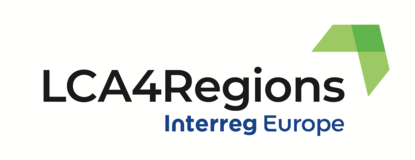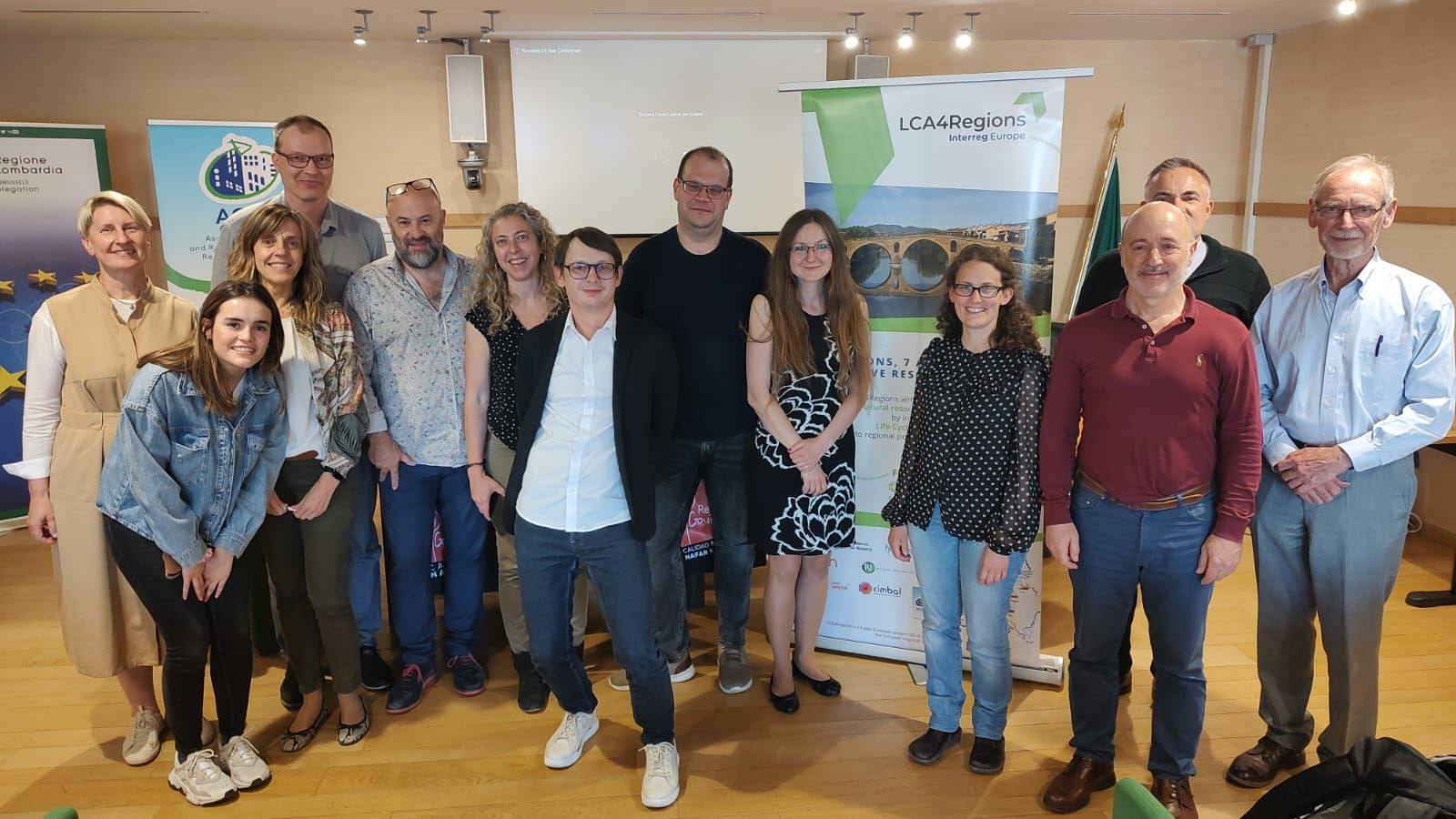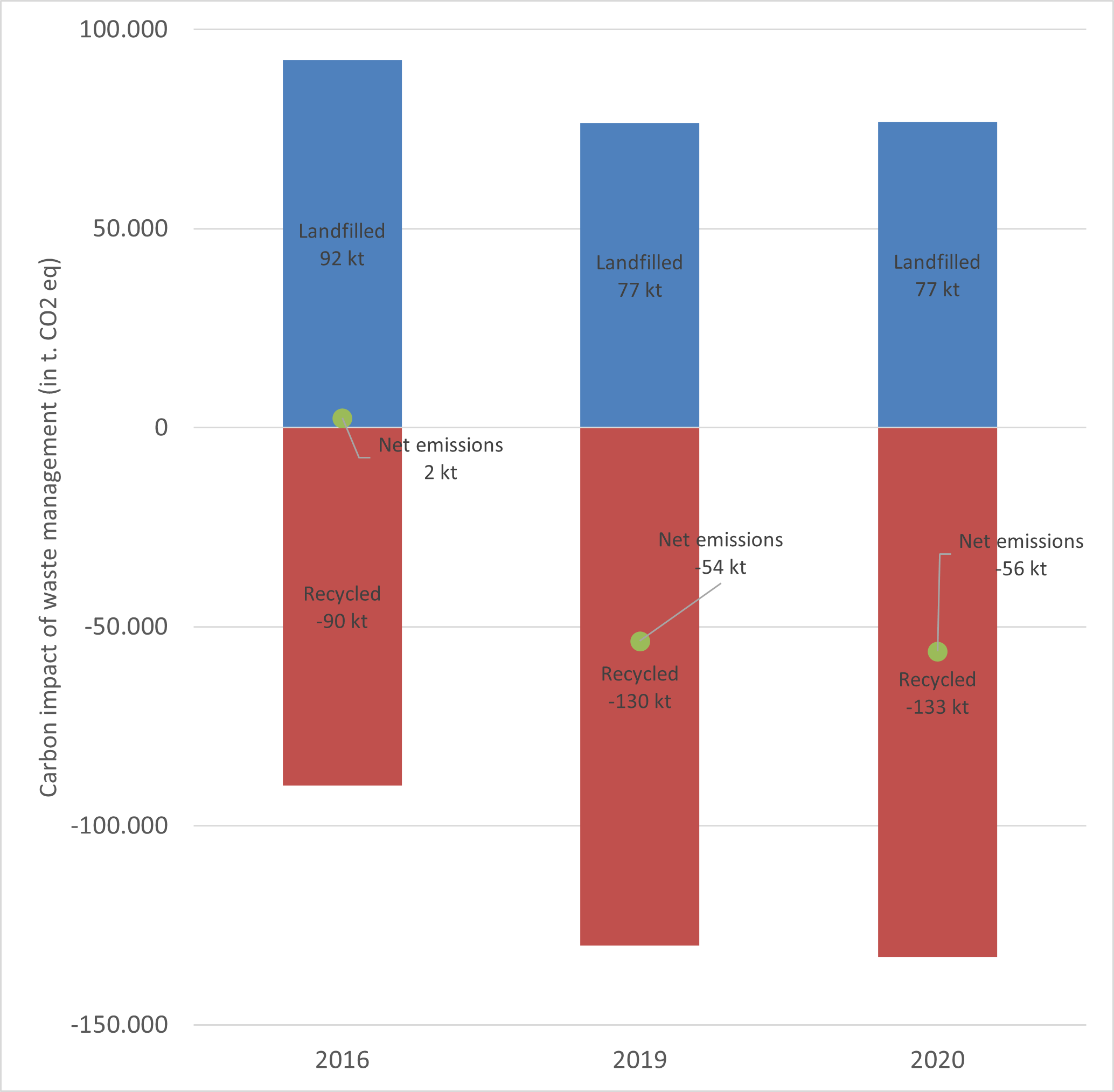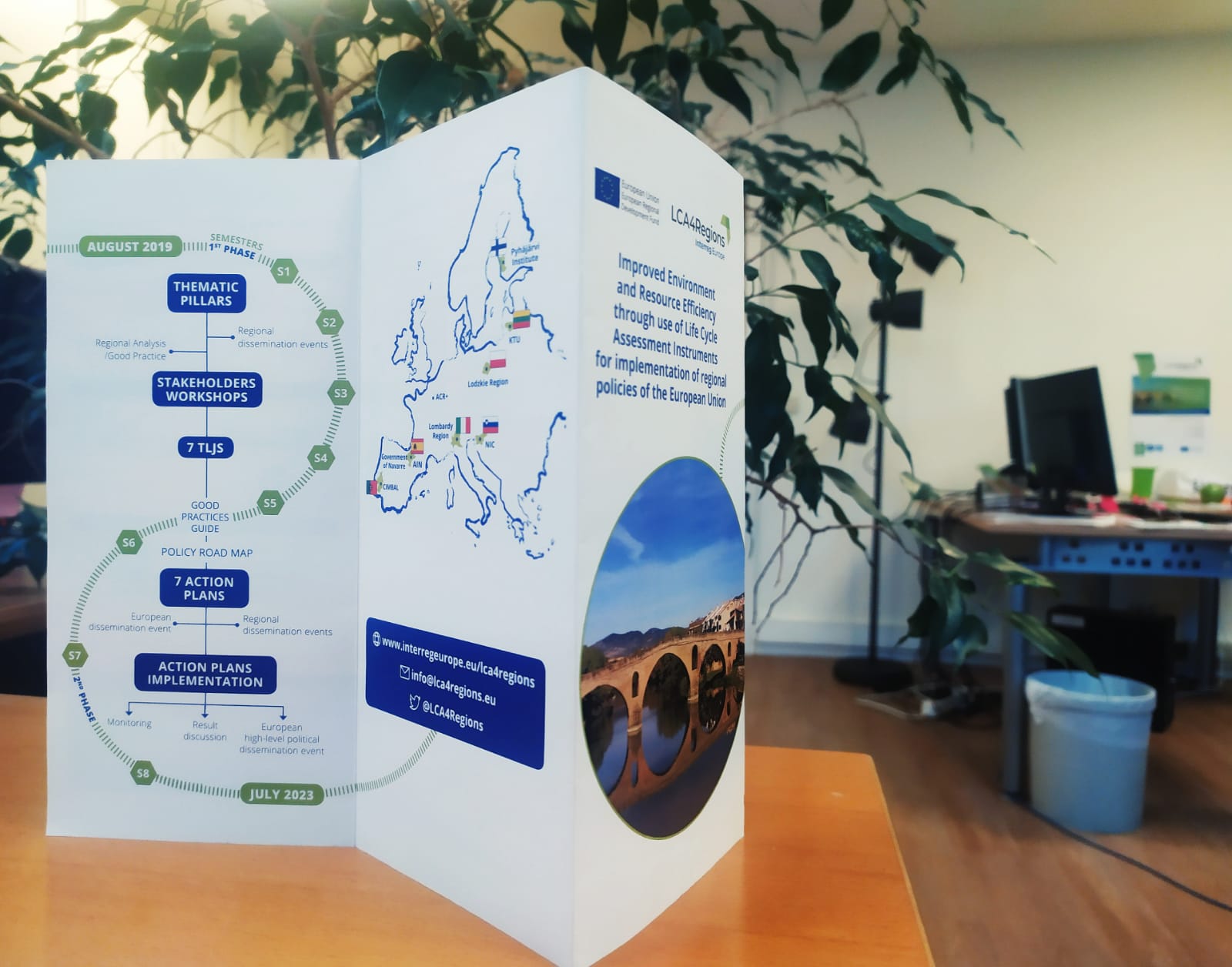The peer review is an essential part of the exchange of experience process. Each Transnational Learning Journey foresees a peer review session focused on the local policy instruments. During the second TLJ in June, this exchange of experience focused on Navarre’s policy report, good practice, and regional benchmark analysis. The policy mainly focuses on circular economy, waste management, and climate change.
The session started with a discussion based on three observation points:
1) the overall use of policy instruments in Navarra
2) the use of life cycle methods in the region
3) a reflection on the replicability of Navarre’s experience that could be useful to transfer to other regions within the consortium.

The policy scenario of Navarre is seen as a great achievement from the regional development point of view since they developed the policy instruments and regulatory frameworks leading to low carbon and circular economy plans for the long perspective until 2050.
Concerning the LC tools, both LC assessment and LC management methods are employed in Navarre’s good practices, with reference also on how the use of LC has led to policy changes, as for example in targeting energy reduction measures or carbon offsets.
The participants found interesting the idea of involving public authorities in calculating the carbon footprint and they agreed on the fact that many of the experiences could be easily applied in other regions if the political objectives, as long as they are coherent with the regional context, resources, economy, and production structure.
The session ended with three rounds of interventions from partners and external experts that exchanged opinions regarding the implementation of this very ambitious plan, from a financial perspective, as well as about the development or use of relevant technologies that can enable the replacement of fossil fuels with renewable ones.
Below the peer review wrap-up highlighting the main outputs:
This productive peer review and interesting discussion on Navarre’s policy is a step further in the exchange of experiences of the project, that hopefully will allow other regions to exploit these policies. By taking into consideration the entire lifecycle toolbox, there is a high potential to get further and to get wider to reach positive results.











